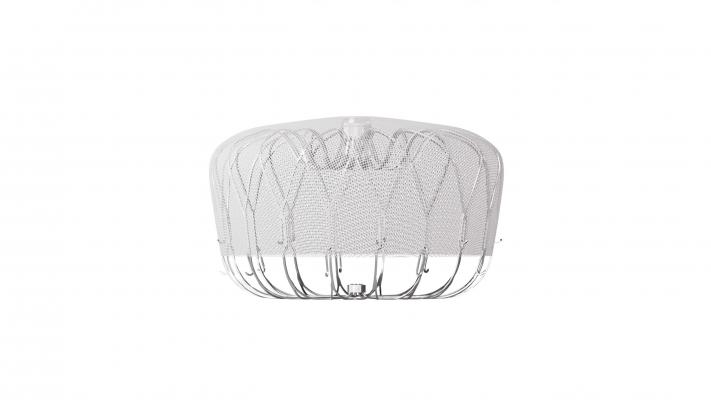
Oct. 29, 2020 — Boston Scientific initiated the CHAMPION-AF clinical trial to evaluate the safety and efficacy of the Watchman FLX left atrial appendage closure (LAAC) device within a broad population of patients with non-valvular atrial fibrillation (NVAF), including those who are at low-to-moderate risk of bleeding from the use of anticoagulation. The device will be compared to treatment with non-vitamin K antagonist oral anticoagulants (NOACs), considered the leading contemporary drugs for stroke risk reduction in this population.
Approximately 33 million people worldwide have AF, a common heart rhythm disorder, which makes them five times more likely to have a stroke than someone with a normal heart rhythm.[1,2] In patients with NVAF, more than 90 percent of heart-related blood clots form in the left atrial appendage.[3] The Watchman FLX device is designed to close off this area of the heart permanently, providing a one-time solution for those who need an alternative to anticoagulation to reduce their risk of stroke.
The randomized CHAMPION-AF trial will enroll 3,000 patients with NVAF who are suitable for oral anticoagulation therapy across a broad spectrum of stroke and bleeding risk. Patients at approximately 150 global sites will be randomized to receive the newest-generation Watchman FLX device or a NOAC and will be followed for five years. The trial will evaluate the rates of cardiovascular death, stroke, systemic embolism and post-procedural major or clinically relevant non-major bleeding.
"The CHAMPION-AF trial will compare the Watchman FLX device in a head-to-head fashion against best-in-class pharmacological therapy for stroke prevention and evaluate the technology as a first-line therapy for those who can tolerate anticoagulation," said Dr. Ian Meredith, global chief medical officer, Boston Scientific. "A positive outcome for this study has the potential to change clinical practice and expand device access to more patients who would benefit from a one-time procedural alternative to the long-term use of blood thinners and their potential side effects, including those patients at low-to-moderate bleeding risk."
The first patient was enrolled this week by Devi Nair, M.D., director, Cardiac Electrophysiology Division, St. Bernards Heart and Vascular Center.
The co-chairs for the trial are Marty Leon, M.D., director, Center for Interventional Vascular Therapy, New York-Presbyterian Heart Valve Center/Columbia University Irving Medical Center; and Kenneth A. Ellenbogen, m.D., chair, Division of Cardiology and Kimmerling professor, Virginia Commonwealth University. Saibal Kar, M.D., physician director, interventional cardiology, HCA Healthcare and director, structural heart disease intervention and research, Los Robles Health System; and Shephal Doshi, M.D., director, cardiac electrophysiology, Pacific Heart Institute and Providence St. John's Health Center, will serve as the principal investigators.
The CHAMPION-AF trial will add to the body of clinical evidence for the Watchman FLX device, along with PINNACLE FLX and the currently-enrolling OPTION trial, a randomized controlled study comparing the device to oral anticoagulants – including but not limited to NOACs – in patients with non-valvular AF who also undergo a cardiac ablation procedure.
The Watchman FLX technology includes new features offering physicians the ability to safely enter, and maneuver within, the left atrial appendage and is the first LAAC device that can be fully recaptured, repositioned and redeployed for precise placement. This next-generation device – which received FDA approval in July 2020 and CE Mark in March 2019 – is also available in broader size options than the previous generation device and can treat a wider range of patient anatomies. The original Watchman device has been implanted in more than 100,000 patients worldwide.
For more information: www.bostonscientific.com
Related Content:
VIDEO: Overview of LAA Occlusion Using the Watchman FLX —Interview with Devi Nair, M.D.
FDA Clears Next-generation Watchman FLX Left Atrial Appendage Occluder
VIDEO: Overview of Left Atrial Appendage (LAA) Closure Technology and New Innovations —Interview with Horst Sievert, M.D.
Occluding the Left Atrial Appendage (LAA)
New Atrial Fibrillation Guidelines Recommend NOACs Over Warfarin
Advantages and Disadvantages of Novel Oral Anticoagulants
References:


 August 28, 2023
August 28, 2023 









